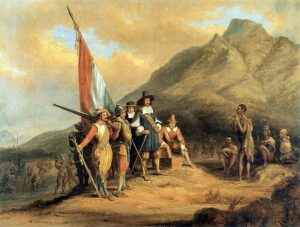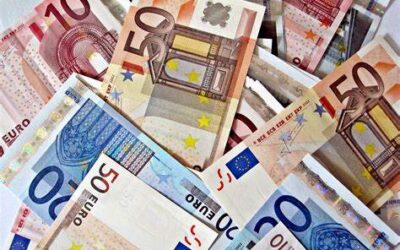
The historical relationship between South Africa and the Netherlands dates back to the 17th century when Dutch settlers arrived at the Cape of Good Hope. The establishment of the Dutch East India Company (VOC) in 1602 marked the beginning of Dutch presence in the region. This colonial history has influenced the development of language, architecture, and societal structures in South Africa. Afrikaans, one of the 11 official languages of South Africa, has Dutch roots and reflects this enduring cultural connection.
Afrikaans bears strong similarities to Dutch, making it easier for cultural exchange and fostering linguistic connections between the two nations. Additionally, there are communities of Dutch expatriates and descendants of Dutch settlers living in South Africa, contributing to a rich tapestry of shared cultural heritage.
In 1948, South Africa implemented apartheid, a system of strict racial segregation. While initially neutral, the Dutch government’s stance changed during a visit from the South African Prime Minister in 1949. Queen Juliana’s refusal to visit apartheid South Africa was a pivotal moment, shaping the Netherlands-South Africa relationship. The Netherlands actively supported the anti-apartheid movement through protests, demonstrations, and trade restrictions.
The primary theme for cultural cooperation between the Netherlands and South Africa during the policy period 2021-2024 is „Transformation and Identity,“ with a particular emphasis on the youth as future leaders and decision-makers. This theme offers a valuable opportunity to openly discuss their shared history, which still influences both countries today, through various channels and approaches. Additionally, it serves as a platform for ongoing discussions to foster a mutual understanding concerning their shared future.
The economic relationship between South Africa and the Netherlands is substantial. The Netherlands is one of South Africa’s most significant trading partners within the European Union. Both countries have recognized the potential for growth in various sectors, such as agriculture, renewable energy, and technology. Dutch companies have invested in South Africa, contributing to the creation of jobs and technological advancements in the country.
The cultural and economic synergies between South Africa and the Netherlands provide a solid foundation for future growth and cooperation. Both countries can leverage their complementary strengths to explore new avenues of collaboration. Potential areas of focus include sustainable development, renewable energy, and knowledge-based industries. Strengthening educational ties through exchange programs and joint research initiatives can further deepen the relationship.
The cultural and economic ties between South Africa and the Netherlands showcase a dynamic relationship that has evolved over centuries. From historical interactions to present-day collaborations, the two nations have nurtured a strong bond through shared heritage and mutual economic interests. By harnessing their synergies, South Africa and the Netherlands can continue to build a prosperous partnership that benefits their citizens and promotes global understanding and cooperation.
The second part of the article will be published next Tuesday.
Sources:
https://dutchculture.nl/en/country/ZA
https://www.wikiwand.com/en/Netherlands%E2%80%93South_Africa_relations
https://www.worldstopexports.com/top-south-african-import-partners/
Image: The arrival of Jan van Riebeek and the first Dutch settlers painted by Charles Bell.
https://commons.wikimedia.org/wiki/File:Charles_Bell_-_Jan_van_Riebeeck_se_aankoms_aan_die_Kaap.jpg



